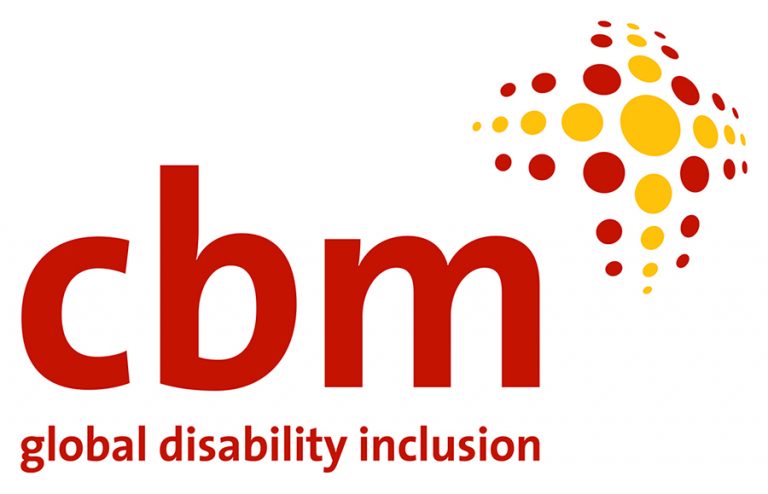Paschal Emeka, Abuja
The CBM Global Disability Inclusion in partnership with the World Federation of the Deaf has carried out research to understand the complex barriers that prevent deaf women in the country from accessing healthcare services in an emergency or disaster context.
The research is aimed at finding ways to address the peculiar needs of deaf women and girls within that context and proffer ways to improve their access to quality healthcare services.
According to the country director of CBM Global Disability Inclusion, Ms. Umoh Ekaette, the research report which is entitled: “Barriers to Healthcare Access for Deaf Nigerian Women and Girls during Emergencies: Analyzing the additional impacts on their intersectional identity” is now available for dissemination.
She noted in Abuja over the weekend that “With rare exceptions, deaf women and girls are not able to access quality healthcare due to the lack of sign language interpretation, through either a physical interpreter or a virtual remote interpreting service.
“Most developing countries lack well-prepared and certified sign language interpreters and severe difficulties in accessing internet services. In addition, Nigeria has sign language interpretation at the state level but not at the national level.
“The consequence is that deaf people, especially deaf women and girls are left behind in most emergency responses without autonomy to protect themselves.
She expressed the hope that the research will set the agenda for the improved working relationship amongst stakeholders to address systemic barriers to accessing healthcare services for deaf women and girls in emergencies.


Your point of view caught my eye and was very interesting. Thanks. I have a question for you.
I don’t think the title of your article matches the content lol. Just kidding, mainly because I had some doubts after reading the article. https://accounts.binance.info/en/register?ref=JHQQKNKN
Thanks for sharing. I read many of your blog posts, cool, your blog is very good.
Can you be more specific about the content of your article? After reading it, I still have some doubts. Hope you can help me.